Chapter 15
Domestic Policy
By Boundless

The first step of the policy process involves issues being turned into agenda items for policymaking bodies.

Formulation is the second stage of the policy process and involves the proposal of solutions to agenda issues.

Policy adoption is the third phase of the policy process in which policies are adopted by government bodies for future implementation.
Policy implementation is the fourth phase of the policy cycle in which adopted policies are put into effect.

Policies must be evaluated once in place, but still tend to become entrenched over time and often do not receive any kind of evaluation.

Interest groups that can advance their cause to the policymaking process tend to possess certain key traits.
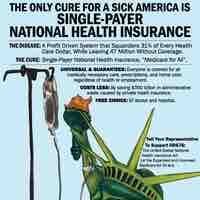
The debate over access to health care in the United States concerns whether or not the government should provide universal health care.
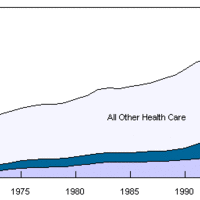
Medicaid is a health program for people and families with low incomes and Medicare is for people over 65 and disabled.
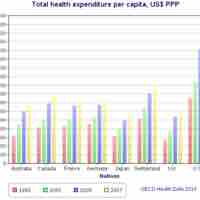
Universal healthcare coverage provides healthcare and financial protection to all citizens; however the United States has not adopted it.
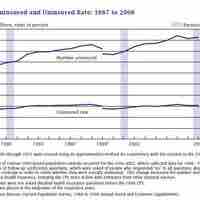
There have been many changes in healthcare reform, but as of 2012, President Obama has introduced some of the most controversial changes.

The role of public health is to improve the quality of society by protecting people from disease.

The energy policy of the United States is determined by federal, state, and local entities in the United States.

Environmental Policy has become highly contentious and political, with competing interests involved at any legislation over the environment.

Oil remains a major energy source in the U.S., and changing this reliance requires political initiative.

Global warming policy can be quite contentious because competing interests get involved in the policy-making and implementation process.

There are many concerns about the environmental and political impact of continued dependence on nonrenewable, foreign-produced fossil fuels.
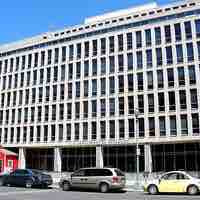
Education policy refers to the collection of laws and rules that govern the operation of education systems.
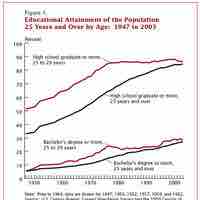
Some challenges in education include curriculum unification, racial achievement gap, and controversy over sex education and affirmative action.
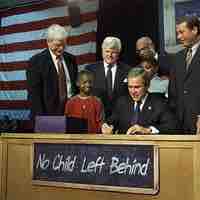
The No Child Left Behind Act supports standards based education reform to set high standards and establish goals to improve education.
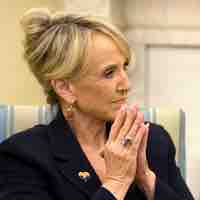
Immigration reform refers to changes in government policies that attempt to either promote or curb immigration.
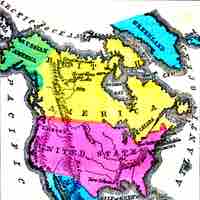
Unauthorized immigration is when a non-citizen has entered the country without government permission and in violation of the law.

Immigration reform regards changes to current policy including promoted or open immigration, as well as reduced or eliminated immigration.